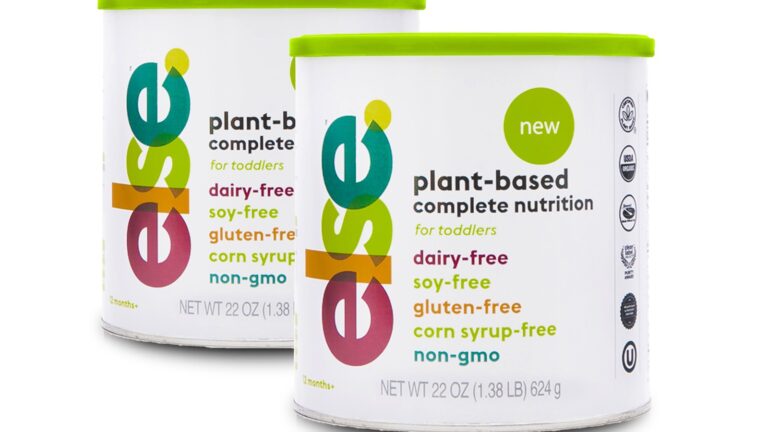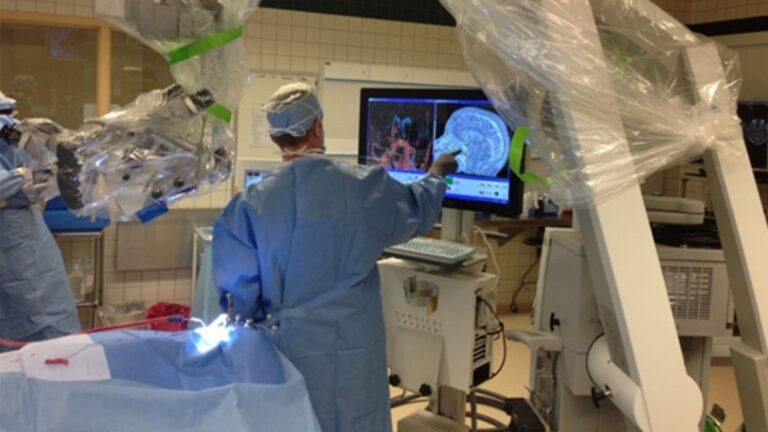Dr. Zvi Weizman: All infant formula should try to mimic mother’s milk as closely as possible.Just as everyone knows that breast milk is the ideal nutrition for infants, they know just as well that there will always be mothers whose personal circumstances make it difficult or impossible to nurse.
Now, new Israeli research published in the respected journal Pediatrics has added to the body of knowledge to improve infant formula by replicating some of the qualities of breast milk.
In the study led by Dr. Zvi Weizman of Ben-Gurion University it was found giving infants formula containing probiotics – the bacteria that colonize in the intestine to aid healthy digestion – may be an important way to prevent illness and infection in formula-fed babies. The infants he studied who were given the probiotics had roughly half as many bouts of fever and diarrhea as babies given regular formula.
Weizman stressed in an interview with ISRAEL21c that he believes breast-feeding is always the best choice for infant nutrition, as nursing passes along elements that allows babies to develop beneficial probiotic bacteria in their digestive tract and improving their digestion. It has long been know that breastfed infants suffer less from digestive problems than their counterparts who are given formula.
“For us, breast milk is the gold standard, and all infant formula should try to mimic it as closely as possible,” he said.
His study was the first controlled, double-blind and placebo-controlled research to compare two different species of probiotics and to see whether they were effective in the preventing of common infectious illnesses in infants who are in daycare.
Probiotics are already added to infant formula by some formula manufacturers, including the Israeli company that funded Weizman’s study. In the United States, the FDA has not yet approved its use with infants less than four months of age, though Weizman believes that they are likely to do so in the near future as a result of his study and similar research, which found no damage to infants and some benefit.
“Our work was accompanied by a safety study and we haven’t found any side effects,” he said.
The FDA hesitation to approve the use of probiotics, he believes, stems from concerns that babies who have conditions that compromise their immune systems, the bacteria might spread from the intestinal tract to other parts of the body, creating bacterial infection.
“But this is truly rare,” said Weizman. “My opinion is that the FDA will approve pro-biotics in formula. The question is when.”
The infants used in the BGU study were all enrolled in daycare – a group that particularly susceptible to contracting various infectious illnesses because of their extended contact with other babies.
The study, which took place between 2000-2002, included 201 infants 4 to 10 months old, all attending 14 different child care centers in the Beersheva area. All of them were formula-fed before they were recruited for participation in the study. The babies were randomly assigned to be given regular formula or formula supplemented with one of two probiotics, Bifidobacterium lactis and Lactobacillus reuteri.
Compared with standard formulas, those containing the probiotic organisms seem to reduce the number and duration of diarrhea episodes.
Over the next three months, the infants who drank either form of probiotic formula instead of standard formula had fewer episodes diarrhea of shorter duration, and were less likely to develop fevers. The babies who benefited the most appeared to be those who were drinking formula that included Lactobacillus reuteri. These babies spent fewer days at home from daycare due to illness, had fewer trips to the doctor and needed fewer prescriptions for antibiotics, according to the study.
The study found no clear benefit regarding the prevention of respiratory ailments – the babies who were given the probiotics were no less likely to develop coughs or runny noses than those who were given regular formula. In the past, Weizman said, their has been one European study in the past which has found such a benefit.
Weizman said that further research was needed to completely understand the full extent of the benefits in introducing probiotics in infant formula. He said that he hoped that future research would promote the use of probiotics for the purpose of preventing diseases in children and adults.
“Currently, most of the studies of probiotics focus on using them for the treatment of infectious diarrhea,” he said, referring to studies that showed probiotics had positive effects on intestinal disorders such as diarrhea and constipation. “I would like to see more studies and accurate data focusing on how they can be used for prevention in communities: whether and how they can benefit the healthy individual.”
The other two members of the team that conducted the research were Dr. Ghaleb Asli and Dr. Ahmed Alsheikh – one an Israeli Arab from the north of the country and the other a Beduin from the south. The group of infants brought together from the study included both Arab and Jewish babies.















